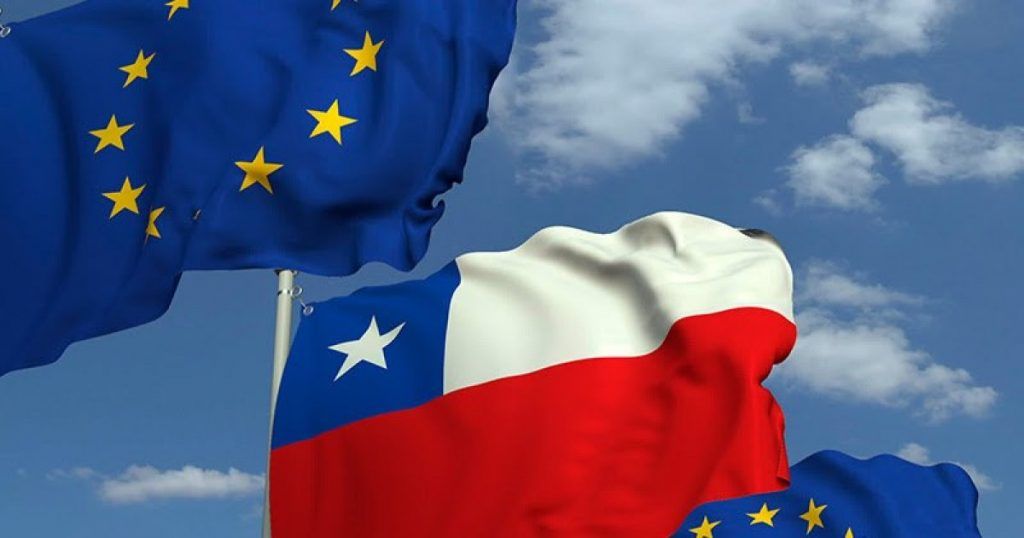In the last 20 years, trade between the European Union and Chile grew 150%, according to the European Commission.
The European Union is Chile’s third largest trading partner and Chile is one of the largest partners of this block in Latin America.
Additionally, the European Union is the first source of Foreign Direct Investment (FDI) in Chile, whose investment flows have doubled in 20 years.
The EU-Chile Association Agreement has been good for diversification: since 2012, Chile’s agri-food exports account for more than 50% of total exports (more than mining products).
Second, the successful conclusion of the EU-Chile Advanced Framework Agreement in December last year was the culmination of six years of hard work between the two sides, aimed at modernizing the existing bilateral Association Agreement, signed in 2002.
The Association Agreement has worked well not only for large companies, but also for small and medium-sized enterprises (SMEs): almost 40% of Chile’s exports to the European Union are from SMEs (a higher percentage than other trading partners).
European Union and Chile
Meanwhile, over the last 20 years, the world has changed, the nature of economies has evolved and new economic and social priorities have come to the fore.
Therefore, both parties decided to modernize their relationship and work towards a new, broader and deeper agreement.
Raw materials
On December 13, Chile and the European Union signed the Advanced Framework Agreement, which will free tariffs on 99% of trade between the two parties.
It will also give their companies much better access to investment and bidding for government contracts and provide a high level of investment protection, with an investment court system in place.
This new agreement contains important commitments on sustainable trade, including climate, energy and raw materials, as well as gender equality and sustainable food systems.
The agreement will provide greater access to clean raw materials and fuels such as lithium, copper and hydrogen, which are crucial to the transition to a green economy.
Finally, it will make it easier for European Union companies to provide services in Chile, including delivery, telecommunications, shipping and financial services.

